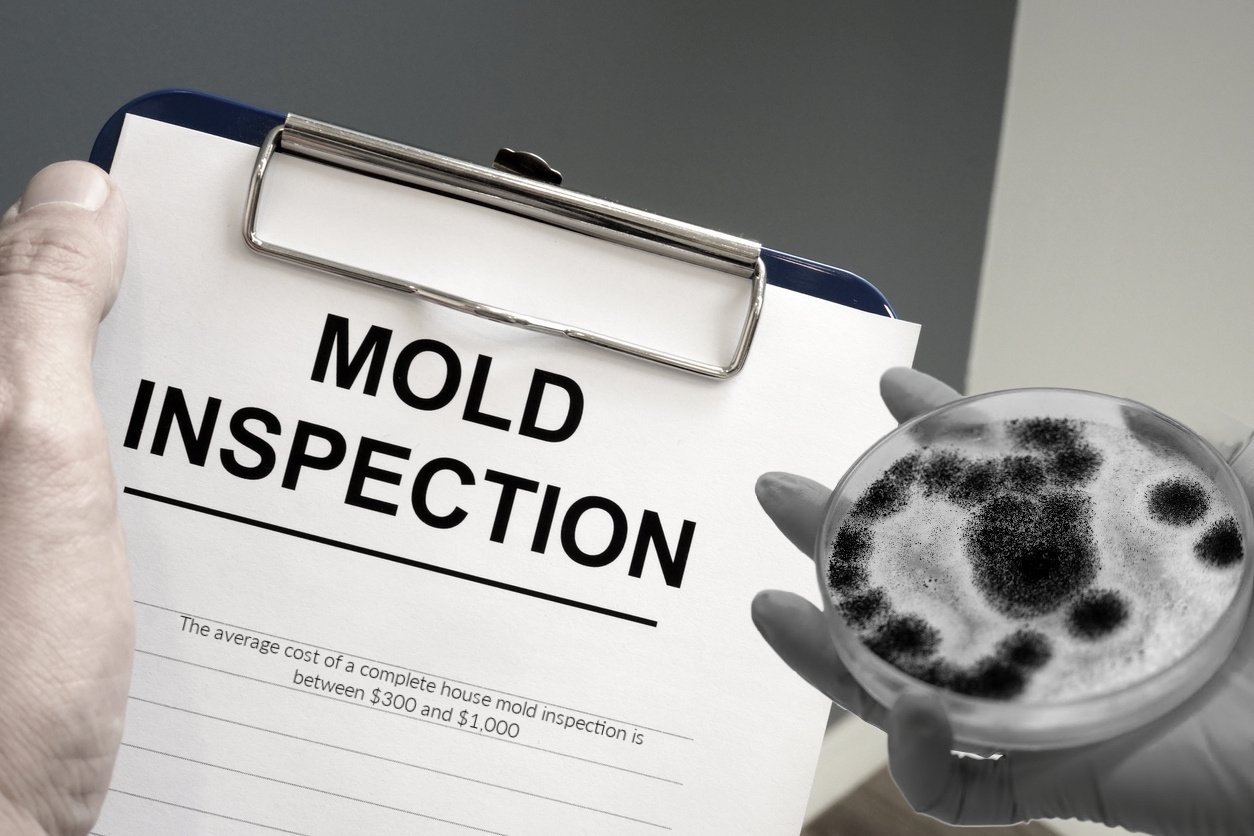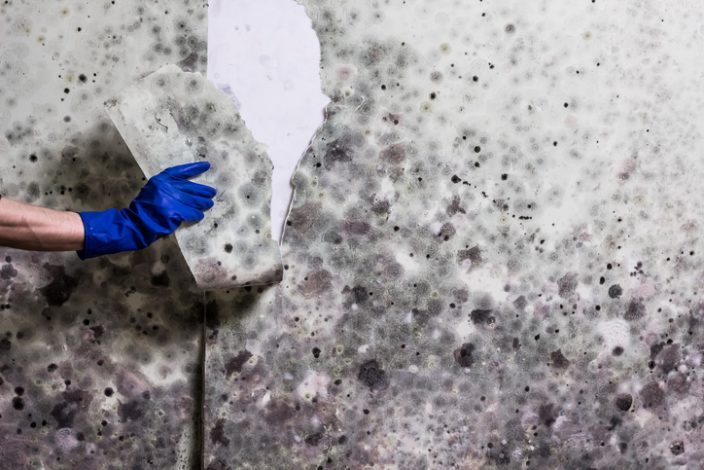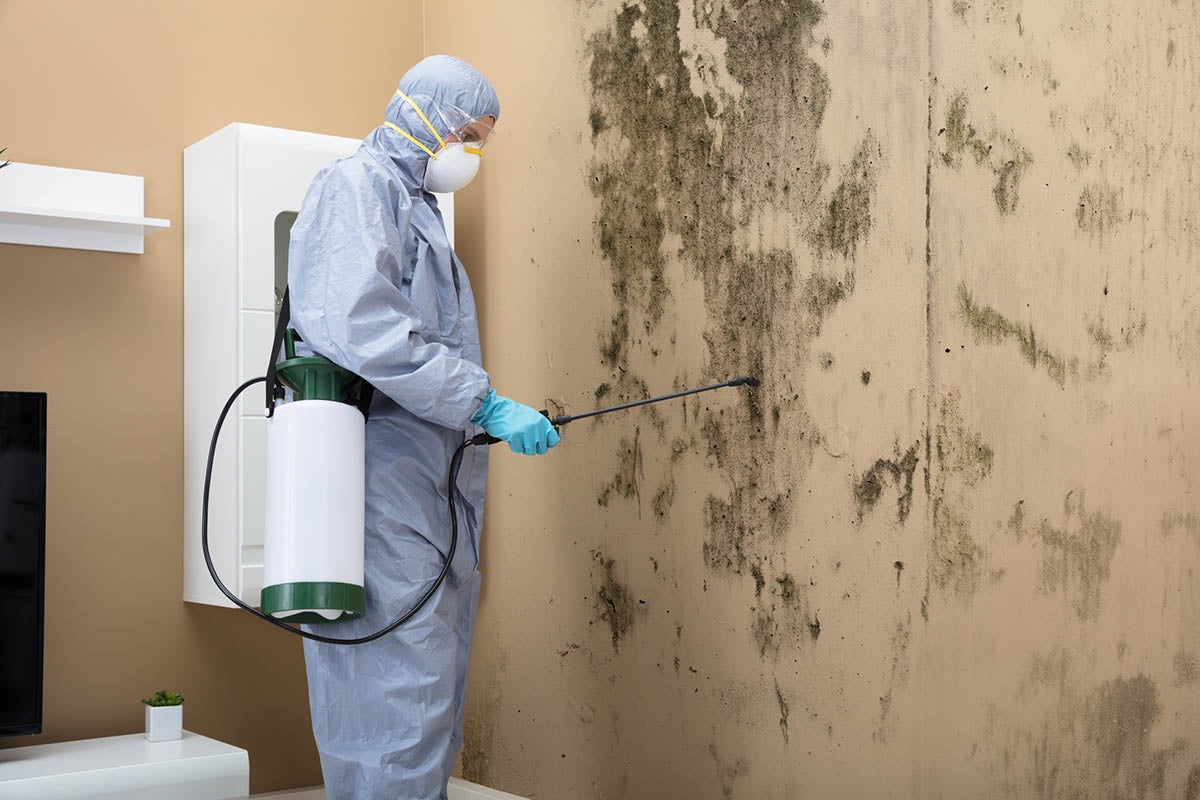Effective Article Mold And Mildew Removal Solutions for Your Home
Mold and mildew development in homes can be a persistent problem, commonly calling for an organized technique for efficient post-remediation options. From recognizing the aspects that add to mold development to applying proper cleansing strategies and wetness control steps, the procedure can be intricate yet critical for maintaining a healthy and balanced living environment. Furthermore, checking out natural removal services and establishing a regular for continuous upkeep are essential parts of a detailed mold removal approach. As home owners make every effort to attend to mold problems, discovering the most efficient options becomes extremely important for the wellness of their households.
Understanding Mold And Mildew Development Elements
The primary aspect adding to mold and mildew development is dampness. Mold and mildew spores need wetness to germinate and grow, making wet or damp settings extremely at risk to mold and mildew infestations.

Additionally, airflow and light direct exposure can influence mold and mildew growth. Areas that do not have proper ventilation and all-natural light are much more vulnerable to mold development. By dealing with these aspects comprehensively, individuals can properly reduce mold and mildew growth and safeguard their living atmospheres.
Correct Mold Cleaning Methods
Using effective cleaning approaches is important in attending to and preventing the reoccurrence of mold and mildew contamination in interior settings. When dealing with mold, it is essential to prioritize security by using safety equipment such as safety glasses, handwear covers, and masks. The primary step in correct mold and mildew cleaning is to consist of the afflicted location to avoid the spread of spores to unpolluted locations. This can be attained by securing off the room and making use of air scrubbers or negative air machines to maintain air high quality.

Implementing Dampness Control Actions
To effectively protect against mold development and contamination in indoor settings, executing wetness control actions is vital. Furthermore, guaranteeing correct ventilation in areas susceptible to moisture accumulation, such as bathrooms and cooking areas, can assist lower the danger of mold and mildew growth. By carefully executing these moisture control measures, home owners can efficiently minimize the likelihood of mold and mildew recontamination and preserve a healthy and balanced indoor setting.
Utilizing All-natural Removal Solutions
After successfully carrying out dampness control measures to stop view publisher site mold and mildew development in indoor atmospheres, homeowners can currently explore the efficiency of all-natural removal remedies in keeping a healthy space. All-natural remediation options use ecologically friendly techniques to combat mold and mold, making them a prominent selection for those looking for safe alternatives. One such service is using vinegar, a natural antimicrobial representative, to disinfect and clean surfaces contaminated by mold. Simply water down vinegar with water and spray it onto the impacted locations, permitting it to rest for a couple of hours prior to wiping tidy. Furthermore, tea tree oil, understood for its antifungal residential properties, can be blended with water and splashed onto mold-infested surface areas to hinder more development. One more all-natural alternative is hydrogen peroxide, which can effectively eliminate mold and mildew on different surfaces without leaving damaging residues behind. By integrating these all-natural remediation solutions right into their cleansing regimens, house owners can successfully battle mold and mildew growth while promoting a much healthier interior atmosphere for themselves and their families.

Maintaining a Mold-Free Setting
Frequently examining locations susceptible to mold growth, such as bathrooms, attic rooms, cooking areas, and cellars, is important. Proper air flow in areas with high humidity levels is additionally vital to protecting against mold and mildew development.
Furthermore, maintaining cleanliness in the home is important for mold prevention. Maintaining interior more plants in check and making certain correct drainage in outdoor landscape design can lessen moisture accumulation, lowering the likelihood of mold invasions.
Conclusion
In conclusion, it is necessary to attend to mold development elements, make use of appropriate cleansing methods, implement wetness control steps, make use of natural removal services, and keep a mold-free environment in order to properly handle message mold and mildew remediation in your house - Post Mold Remediation. By complying with these strategies, you can avoid mold and mildew from recurring and make certain a healthy living setting for you and your family members
The primary element contributing to mold and mildew growth is wetness. Mold spores call for wetness to germinate and thrive, making moist or damp atmospheres very susceptible to mold problems.To effectively stop mold and mildew development and contamination in indoor atmospheres, applying dampness control measures is paramount. Furthermore, making certain correct air flow in locations vulnerable to moisture build-up, such as kitchens and restrooms, can help lower the danger of mold development.After effectively carrying out wetness control actions to prevent mold growth in interior settings, homeowners can now check out the efficiency of natural remediation remedies in keeping a healthy and balanced living area.